MercoPress. South Atlantic News Agency
Stories for May 2012
-
Friday, May 25th 2012 - 01:49 UTC
OECD/World Bank recommends more inclusive growth economic policy
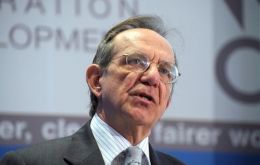
Economic policy should be better designed to bring about more inclusive growth, ensuring that the benefits of increased prosperity are shared more evenly across society, according to a new report from the OECD and the World Bank.
-
Friday, May 25th 2012 - 01:21 UTC
Argentina attacks WTO and US on trade issues at OECD ministerial round
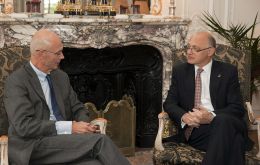
In an offensive to counter recent attacks on Argentina’s restrictive trade policies, Foreign Minister Hector Timerman expressed at the World Trade Organization, WTO, his government’s concern with the current course of global negotiations which face the serious risk of abandoning the development goals agreed when the launching of the current Doha Round of negotiations back in 2001.
-
Friday, May 25th 2012 - 01:16 UTC
UK deeper in recession; IMF recommends more stimuli measures

Britain fell deeper into recession than initially thought in the first quarter of 2012 due to a slump in construction output, raising the likelihood that the Bank will opt to inject more stimuli to protect the economy from the Euro zone debt crisis.
-
Thursday, May 24th 2012 - 16:44 UTC
Brazil’s current account deficit compensated by heavy FDI during April

Brazil's monthly current account deficit rose sharply in April as the country's trade surplus faded and profit remittances and foreign travel costs increased, the Brazilian Central Bank said Thursday.
-
Thursday, May 24th 2012 - 16:41 UTC
Outbreak of tick fever kills 22 cattle in Australia; origin of the parasite unknown
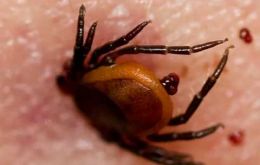
Twenty-two cattle have been killed by tick fever in the New South Wales, Australia. Tick fever is caused by a parasite in red blood cells and the only thing that can spread tick fever is cattle ticks, reports Meat trade news daily.
-
Thursday, May 24th 2012 - 16:31 UTC
Despite Peruvian government report controversy over mysterious death of dolphins continues
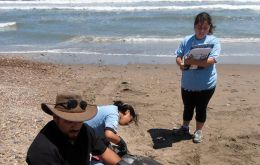
The mystery surrounding the deaths of at least 877 dolphins in Peru deepened as the government said human activity was not to blame but failed to pinpoint a natural cause for the massive die-off.
-
Thursday, May 24th 2012 - 16:27 UTC
China to take measures to boost demand fearing economy slowdown
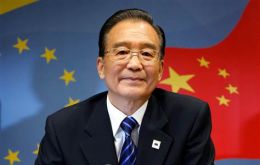
China has said it will take measures to boost demand and investment amid fears of a slowdown in its economy. The government said it will encourage private investment in sectors such as energy, railways and telecommunications.
-
Thursday, May 24th 2012 - 16:02 UTC
Falklands’ service to honour British Forces who lost their lives when landing for the recovery of the Islands

The Falkland Islands held a commemorative service to the memory of those who lost their lives thirty years ago when British Forces landed in the Islands for the final push against the occupying Argentine forces.
-
Thursday, May 24th 2012 - 05:40 UTC
Uninspired EU summit pledges support for Greece, but prepares for “Grexit”
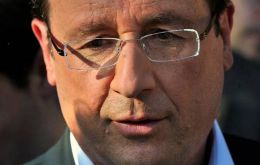
European Union leaders pledged support for Greece on Thursday, vowing to keep the debt-wracked country in the Euro zone as officials prepared behind the scenes for a possible doomsday scenario of exit.
-
Thursday, May 24th 2012 - 05:35 UTC
“Blue” dollar in Argentina reaches 6.15 Pesos; 36% gap over official exchange
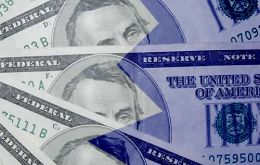
Wednesday was another day of intense trading for the money exchange market in Buenos Aires with the “blue” or black market dollar reaching a new record, 6.15 Argentine Pesos, which for the first time was higher than the system used for getting dollars out of the country.
